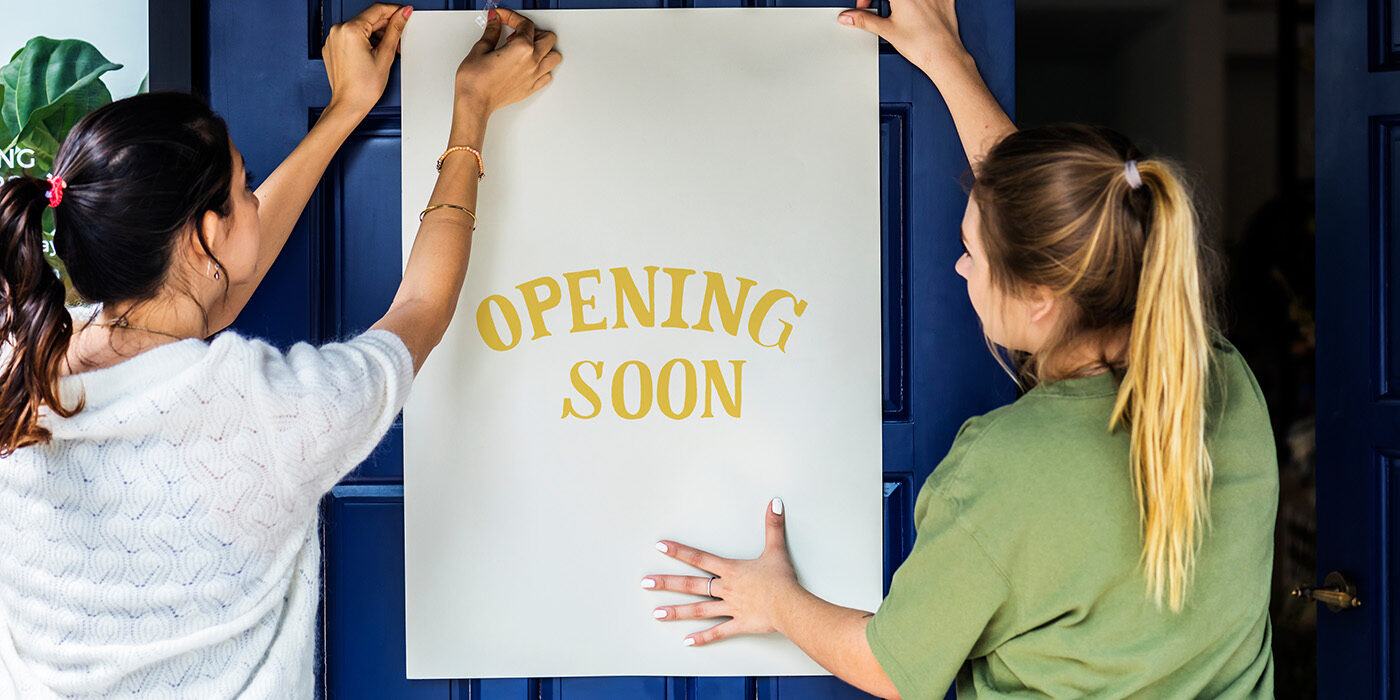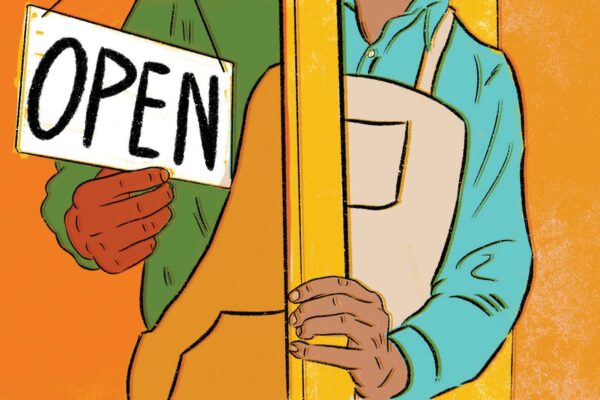There’s growing evidence that the COVID-19 pandemic spurred a small business boom. In May, the National Bureau of Economic Research found that small business rose 21% in 2020, compared to the prior year.
Even in the best of times, though, launching a successful small business is challenging. About 20% of U.S. small businesses fail within the first year, according to data from the U.S. Bureau of Labor Statistics. So, starting a small business during a global pandemic may seem especially risky.

However, recent developments — such as changes in the labor force — may play to small businesses’ advantage, according to Glenn MacDonald, the John M. Olin Distinguished Professor of Economics and Strategy at Olin Business School.
MacDonald has extensive experience advising businesses large and small. Last summer, in conjunction with the STL Small Business Task Force, MacDonald and more than 50 of his former students provided volunteer consulting for struggling local small businesses.
MacDonald offered the following perspective on current challenges and opportunities for small businesses:
Small businesses come in two flavors — those that are currently small but will either grow or die, and those that are inherently small. The former tend to be startups and small consulting companies; the latter are small restaurants, hair salons, yoga studios, coffee shops, etc.
The inherently small businesses always face two big challenges.
One is that they have relatively little capital and limited access to credit. A business slowdown, or worse, a lockdown, often wipes them out as they miss rent payments, payments to suppliers, etc. From this perspective, emergence from COVID times is very good news for those that have held on or recently started. But the return to mask mandates and uncertainly about the future will challenge these businesses considerably.
The second challenge is people. The inherently small business owner often has less education and experience, and is less capable of making the adjustments needed to survive a slow time. In addition, these businesses tend to pay less and attract a workforce that is less skilled and less able to continue with a job where business and pay are slowing. Thus, the small restaurant loses most of its cooks and servers if business slows and faces the difficult task of rebuilding when it picks up. From this perspective, the last year or so has been exceptionally challenging for small business, and it will stay that way for a while.
The startups and smaller or growing businesses have generally been better-positioned to ride out the recent year, and are now showing clear signs of improvement. They generally have access to somewhat better capital, education and experience, and more educated employees with fewer retention issues. The current uncertainty will slow them somewhat, but they should return to their pre-COVID path in the near future.
Some of the recent developments play to small businesses’ advantage.
For example, many in the labor force have found great value in work from home and greater flexibility, and are even willing to work for less to get it. Some medium and large companies can provide this structure, but they always find difficulty in light of the need to determine who is allowed to work in this way, developing consistent HR policies, etc. But small businesses can be more nimble and are finding increased ability to attract more educated and experienced employees without great increases in compensation.
It’s difficult to say if now is a good time to open a small business.
A lot of the competition has been wiped out, so perhaps so. But starting up, dealing with the cash flow and credit issues as well as the people challenges, will all make business difficult for an undetermined period of time. So, it’s important to have a well thought out plan for riding that out, at a minimum.



